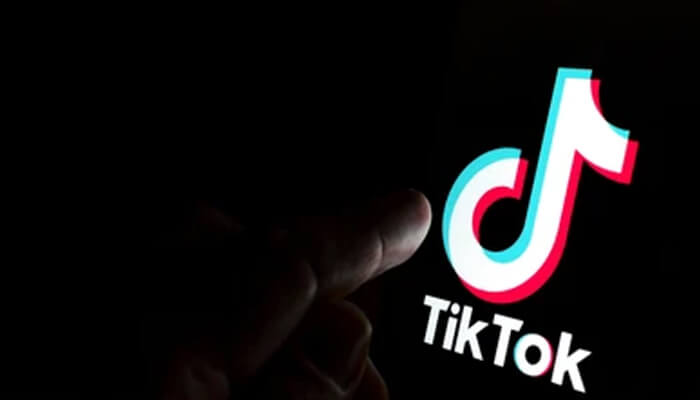Following the first time that TikTok’s CEO was questioned by Congress, a lot of TikTok users started talking about an alternative platform named Lemon8 in their posts, often using startlingly identical terminology.
The app was compared by a number of creators to what would result “if Pinterest and Instagram had a baby, with TikTok’s algorithm.” Some compared it to TikTok in the year 2020 and urged other influencers to sign up for the app before it became popular. Additionally, they requested that followers post their Lemon8 usernames in the comments.
It turns out that the app wasn’t just some random TikTok substitute. In response to federal and state attempts to prohibit or restrict TikTok in the nation over concerns about its content, TikTok’s Chinese parent company ByteDance launched Lemon8 in the United States earlier this year.
It was questioned whether people were being paid to promote the new app on TikTok due to the similarities in the videos that both English- and Spanish-speaking creators made comparing the new service to Instagram and Pinterest. Nevertheless, a rising number of US users and influencers are already enthusiastically praising Lemon8, with its focus on images and carefully selected, educational or “aspirational” material, in spite of this assumption and the increasing attention on TikTok and ByteDance.
In one of these videos, a creator stated, “We have to talk about TikTok’s new sister app.”
Melanie Cruz started making videos as a YouTube vlogger in high school around 2018. “I’ve seen a lot of bigger content creators that I love on it and promoting it on their Instagram stories, so I thought, ‘okay, it’s my time to hop on this bandwagon,'” she said. “I like that it’s something straightforward, nothing too overt, and it’s not overwhelming,” says the speaker.
Since its February release on US app stores, Lemon8 has had just over one million downloads in the US. Last month, it had just over half a million daily active users in the US, according to intelligence platform Apptopia.
The early success of Lemon8 suggests the whack-a-mole difficulty legislators may encounter in controlling TikTok and other social media services. It also contains some hints about the rise of TikTok itself, which was apparently helped in part by ByteDance paying a lot of money to promote the service on competing social media sites like Facebook and Snapchat. This time, though, TikTok itself may be the greatest spot to advertise the upcoming TikTok.
Last month, The New York Times revealed that ByteDance had started early marketing initiatives for Lemon8, which included collaborating with influencers. The hashtag #Lemon8Partner is now being used in the captions of some producers featured on Lemon8’s “for you” feed to appear to be exposing their involvement with the brand.
According to a source at the ByteDance company, Lemon8 is still in its infancy and is exploring new ways to collaborate with creators. They said that while ByteDance has not started any official marketing campaigns for Lemon8, in some circumstances, it has reached agreements to pay producers to publish content on the platform. They did, however, refute rumours that ByteDance had paid artists to advertise the new app on TikTok.



